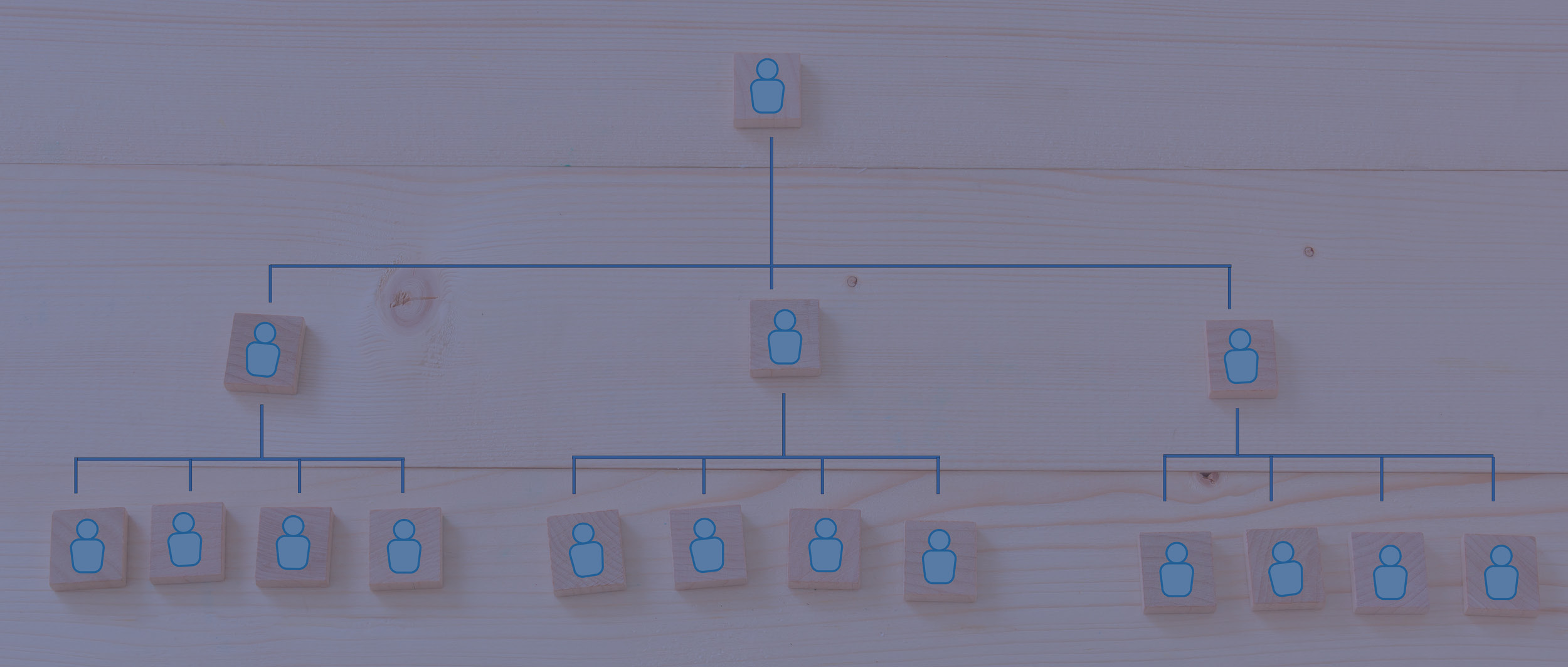The Economics for Business Podcast
A podcast based on the winning principle that entrepreneurs need only know the laws of economics plus the minds of customers. After that, apply your imagination.

79. Steven Phelan on the Many Different Entrepreneurial Journeys
Steve Phelan has spent a lifetime in entrepreneurship, as a student, a researcher, a teacher, an investor, an innovator and a practitioner. He found that people today — especially young people — are over-focused on the Silicon Valley / Venture Capital / Become A Billionaire model. That’s pretty rare (and may not even be a good model).

78. Per Bylund Introduces the Austrian Business Model
Dr. Per Bylund joined us on the Economics For Entrepreneurs podcast to provide an exposition and explanation of the core structure of the Austrian Business Model (ABM).

77. Ralph Welborn on the Ecosystem-Based Strategy
Business strategy and business model design has traditionally been firm-centric. Entrepreneurs are called upon to establish firms, to make the firm the locus of value creation through value proposition design, assembly of resources, and production; and to ensure competitive advantage in comparison to rival firms pursuing the same customers.

76. S-E-R-V-I-C-E Warriors and the Individual Economy, with Jeff Saperstein
Entrepreneurship is the new strategy – for companies big and…

75. Jason Whitlock: A Values-Driven Entrepreneur Shares Ten Principles for Success in the Highly Competitive World of Sports Content
Jason Whitlock shares with us many principles of his success. We highlight just a few of them here to whet your appetite for the podcast.

74. Raushan Gross on The Inspiring Life and Beneficial Impact of Entrepreneurs
Raushan Gross is one of the outstanding writers on the subject of entrepreneurship. In his latest e-book, The Inspiring Life and Beneficial Impact of Entrepreneurs, he establishes the ground rules of the complex system of entrepreneurial innovation in seven principles.

73. Mark Packard on the Right Decision Logic for the Customer’s Learning Process
In E4E episode #73 with Mark Packard, we review three elements of new product / new service launching decision making.

72. Peter Klein: Four Considerations for the Delegation of Derived Judgment
Business books and business school courses tend to think of organization design as the structuring of a hierarchy, or the linkages of nodes in a network. The boxes and lines are departments, executives, assignments and communications flows. Professor Peter Klein invites us to think in a different fashion.

71. Sanjay Yadav on the Process-Based Skills of Negotiation
Negotiation is an important economic process. The results of negotiation can significantly influence outcomes for all businesses. There are costs to asymmetry of negotiation skills between firms, customers, suppliers and partners.

70. Per Bylund: How Entrepreneurs Build Businesses That Are Beautiful Islands Of Specialization
Per Bylund discusses the distinctive Austrian theory of the firm on this week’s Economics for Entrepreneurs podcast. He captures his unique business strategy construct in the metaphor of Islands of Specialization.

69. Mark Packard’s Value Learning Process: The Two Kinds of Knowledge Entrepreneurs Must Have
0 Comments
/
Mark Packard has a big insight about how entrepreneurs manage innovation. Producers don’t innovate, customers do. That may sound a little odd, but Mark’s Value Learning Process makes it clear.

68. Steve Phelan Explains Why Entrepreneurial Intelligence Beats Artificial Intelligence
Artificial Intelligence promises cognitive augmentation for business practitioners. Professor Steven Phelan’s research reveals that Entrepreneurial Intelligence is far more important and far more likely to influence business success. He explains Entrepreneurial Intelligence and why it will always beat Artificial Intelligence on this week's episode.